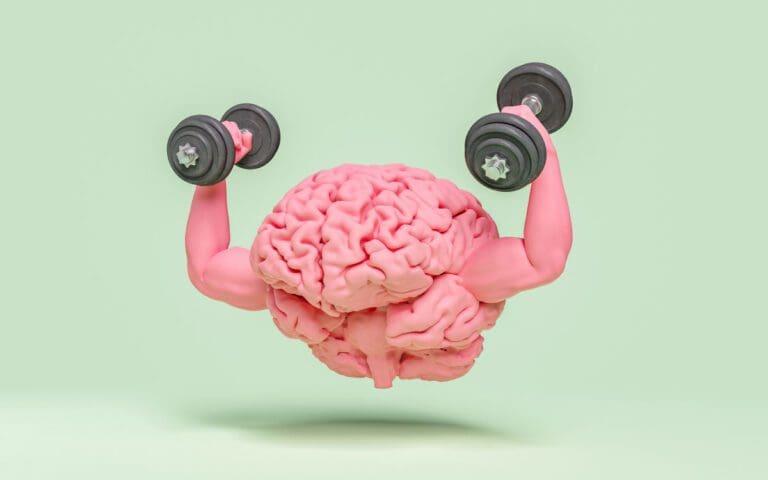Riding the Emotional Rollercoaster: Tips for Mental Endurance

Life's a rollercoaster, and when it comes to mental health, the ride can be downright terrifying. The highs are exhilarating, the lows gut-wrenching. Building mental endurance isn't just helpful—it's your safety harness. Let's buckle up and discover how to navigate those thrilling and terrifying loops.
Understanding Your Emotional Rollercoaster
Before you can effectively manage the ride, you need to understand its nature. Mental health fluctuations are a normal part of life, but their intensity and frequency can vary widely from person to person.
Begin by identifying your triggers and the patterns of your emotional responses. This self-awareness can be a powerful tool, enabling you to prepare and cope more effectively with the ups and downs.
Establishing a Support Network
One of the most effective strategies for sustaining mental endurance is to cultivate a strong support network. This can include friends, family, mental health professionals, or support groups.
These relationships provide emotional sustenance and practical advice during tough times. Knowing you have a reliable safety net can make the rollercoaster feel less daunting and more manageable.
Lean on Professional Help
Engaging with mental health professionals can provide you with tailored strategies to manage your emotional states. Therapists can offer insights that go beyond common advice, giving you specialized tools that fit your unique circumstances.
The Power of Peer Support
Don't underestimate the value of peer support. Connecting with others who have similar experiences can validate your feelings and provide comfort. These connections often lead to the exchange of coping strategies and can reduce the isolation that often accompanies mental health struggles.
Practicing Self-Care
Self-care is an essential part of any mental health strategy. It involves activities and practices that are done deliberately to take care of your mental, emotional, and physical health.
Effective self-care can be as simple as ensuring you get enough sleep, eating nutritious foods, and engaging in physical activity. It also includes setting boundaries and knowing when to say no to preserve your energy.
Mindfulness and Meditation
Incorporate mindfulness and meditation into your routine. These practices can help center your thoughts and emotions, making it easier to manage stress and anxiety. They teach you to focus on the present moment, which can be incredibly grounding when your emotions start to spiral.
Learning Resilience
Building resilience is key to riding the emotional rollercoaster with grace. Resilience allows you to bounce back from setbacks and maintain your course despite the bumps. This skill can be developed through various means, such as maintaining a positive outlook, setting realistic goals, and adapting to changes flexibly.
Embrace Challenges as Opportunities
View each emotional challenge as an opportunity to learn and grow. This perspective shift can transform how you experience your emotional highs and lows, making you more resilient over time.
Maintaining Perspective
Keep things in perspective. Sometimes, our emotions can get the best of us and make situations seem worse than they are. By maintaining a broader perspective and focusing on the big picture, you can prevent temporary emotions from having permanent effects on your mood and outlook on life.
Conclusion
Life's emotional ups and downs can be overwhelming. But with patience and understanding, you can build the mental resilience to ride them out. Looking for a roadmap to navigate these twists and turns?
"Stages" by Sean Mrykalo offers a raw, honest account of one person's journey through mental health challenges. It's a practical guide filled with insights and inspiration.
Ready to discover how to strengthen your mental endurance and find more joy and stability in your life, just as Sean did? Pre-order your copy of "Stages" by Sean Mrykalo.
- Art
- Causes
- Crafts
- Dance
- Drinks
- Film
- Fitness
- Food
- Jocuri
- Gardening
- Health
- Home
- Literature
- Music
- Networking
- Alte
- Party
- Religion
- Shopping
- Sports
- Theater
- Wellness
- IT, Cloud, Software and Technology


